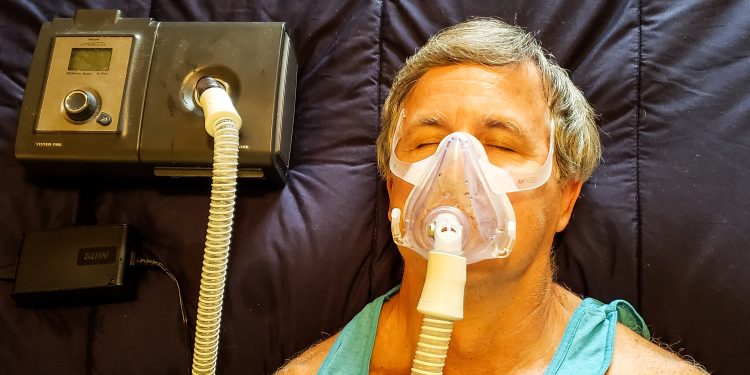An orchestra is a large instrumental ensemble that contains many sections such as string, brass, woodwind, and percussion. Similarly, our body has several systems that need to work together in perfect harmony. One of the most important systems in our body is the cardiovascular system. Comprised largely of blood vessels, this system carries oxygen, nutrients, and hormones to cells around the body and removes metabolic waste. Arteries and veins circulate more than five liters of blood at a constant pressure.
Much like a maestro our heart acts as the conductor for our body’s symphony and sets this repetitive feat. Every day we are exposed to different situations that can cause this tempo to slow down or speed up. When this tempo quickens blood circulates at a higher force and pressure. Have you ever had that feeling that your heart was about to beat out of your chest? This increase in blood pressure than be caused by several different circumstances.
Our body is capable of dealing with short-lived scenarios. The fight or flight response is activated, and hormones are realized to bring our blood pressure back to its natural harmony. But if stressors persist this high blood pressure can lead to a condition known as hypertension which can increase the risk of heart attack and stroke. There are many causes of hypertension, but some remain a mystery.
Imagine going to sleep but being disrupted by your body’s inability to regulate your breathing. People with sleep apnea experience this every night. About one in five adults have sleep apnea but many of these cases remain undiagnosed. Noto only does this disorder decrease your oxygen levels, but it can be even more dangerous as it can cause hypertension. This is something that patients don’t understand, the whole scheme of what apnea can do to the body.
Apnea means you’re not breathing and you’re not breathing for ten seconds or longer. You’re also having blood oxygen changes to 3-4%. If you have these panic events while you’re sleeping, then you can be diagnosed with obstructive sleep apnea. Depending on how many of these events you have per hour, while you sleep, you’re categorized into mild, moderate, or severe.
It does not matter what category you’re in because any of these categories can affect your blood pressure. If you have high blood pressure it can be 140/90 while normal blood pressure should be in the range of 120/75. What patients don’t understand is what events happen internally when you go into an airway of obstructive airway event.
The negative pressure that crates in your chest cavity when you’re having an airway event, meaning your throat is close doff, and your body is trying to breathe but can’t, you get a negative pressure that’s in the chest cavity. The negative pressure causes different things to happen. One thing the heart does is that it thinks that it’s overloaded with fluid because of the pressure that’s being put on it from the negative pressure that is generated. So, it will put out a hormone that will go to the kidneys that will make you think you have to go the bathroom in the middle of the night.
What this is doing to the blood pressure is that your brain is sensing that your oxygen level is dropping. When that happens, there are only a few things it can do to make the body oxygenate normally. What it does is it makes the heart pump harder and constricts the vessels. This is what is called high blood pressure. But what does it do tour vessels over time?
It causes the insides of the vessel, also known as the epithelium layer, to become rough. When it becomes rough, it attracts things like bad cholesterol that we have in our bloodstream, and that builds up in the form of plaque. Then when you have an apnoeic event and the vessel constricts, if that has a built-up plaque it causes compete for blockage and you may have a heart attack in your sleep.
Heart attacks that happen at night are almost always related to obstructive sleep apnea. What medications do you ask? The heart is pumping harder because of the high blood pressure, which makes it relax. So, in other words, it allows your heart to not pump as efficiently. But it doesn’t sound like a good idea to us. But we think that this is something to consider, why are we so accepting of the medications, why don’t we go to the root cause of the problem which very often can be obstructive sleep apnea at night?











Discussion about this post